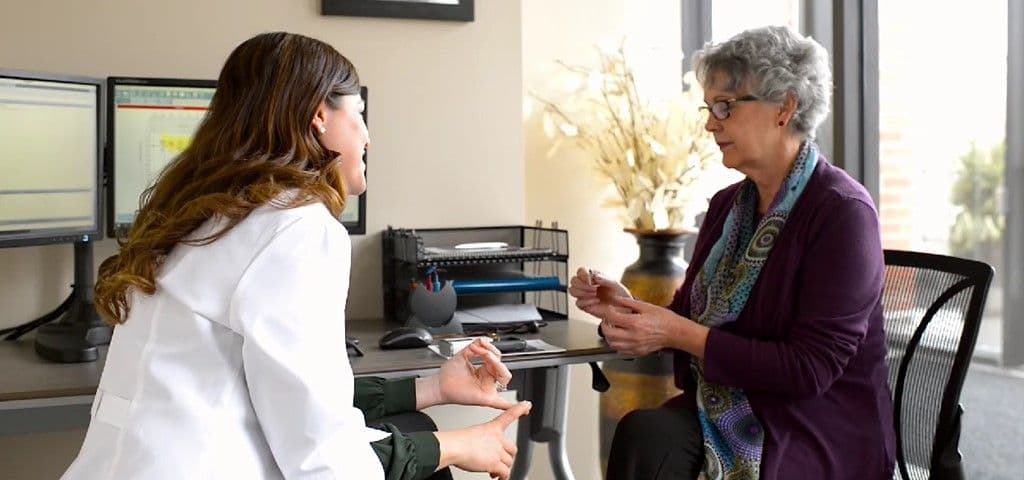Visiting an Audiologist: Reaction


Recently, I was browsing the e3 Diagnostics blog and came across a great post about what to expect when visiting an audiologist. As an audiologist, I know exactly what to expect at an appointment, but it has been a long time since I have put myself into a patient’s shoes and thought about how nerve-racking a hearing test can be. I can remember the first time I tested my mom’s hearing (she is a concert-loving baby boomer). Before I even placed the headphones, she was making excuses for why she may or may not have a hearing loss. In case you’re curious, she did have normal hearing, but the anxiety that was experienced from what I consider a simple hearing test was surprising.
This blog reviews exactly what will happen before, during, and after a hearing testing appointment. The author points out that it is vital to provide a comprehensive medical history. This is a very important point because many times, people don’t associate other health disorders with hearing, but research indicates that there are many significant health issues that are connected to hearing and hearing loss. The actual hearing test is something that causes great concern in our patients. I cannot count the number of times that a patient told me they were afraid of failing the test. It is important to note that you cannot fail a hearing evaluation. You can “refer” in a hearing screening, but you don’t fail a hearing test. The hearing test establishes the softest sounds you can hear and evaluates how well you understand speech so that the hearing healthcare professional can determine the best next steps for the patient. Sometimes, after the testing has been completed, the audiologist’s recommendations may include hearing aids. The good news is that modern hearing aids have become more comfortable, more powerful, and more discreet. The even better news is that the benefits of treating your hearing loss with hearing aids will allow you to be more present, enjoy your life, and not miss out on important things due to that hearing loss.
I am so glad I ran across this blog. I would recommend linking it on a practice’s website. Not only does this blog help patients understand the process and goals of a hearing testing appointment, it also explains the negative impact untreated or undiagnosed hearing loss can have on both physical and mental health.
You can see the original blog entry here.
Laura Prigge, AuD is the Manager of Clinical Education and Training at GSI. Laura received her Doctorate of Audiology degree from AT Still University, a Master’s of Arts in Audiology from UCONN and a Bachelor’s of Science degree in Communication Disorders from Western Illinois University. Laura’s 20+ years of experience includes providing manufacturing support for a leading hearing aid manufacturer as well as technical audiology training and support for an international audiologic equipment company. Prior to that, she managed education and training at another hearing aid manufacturer and conducted audiologic evaluations on children, adults, and geriatric patients at a retail hearing center.